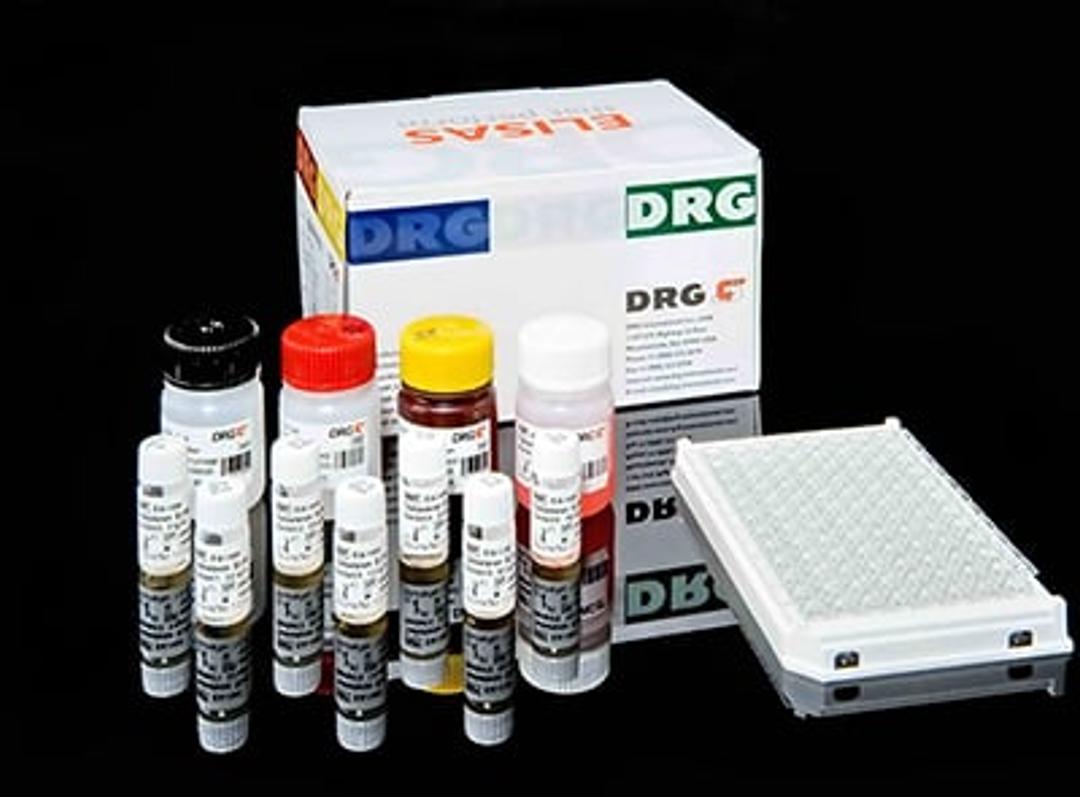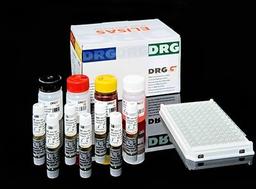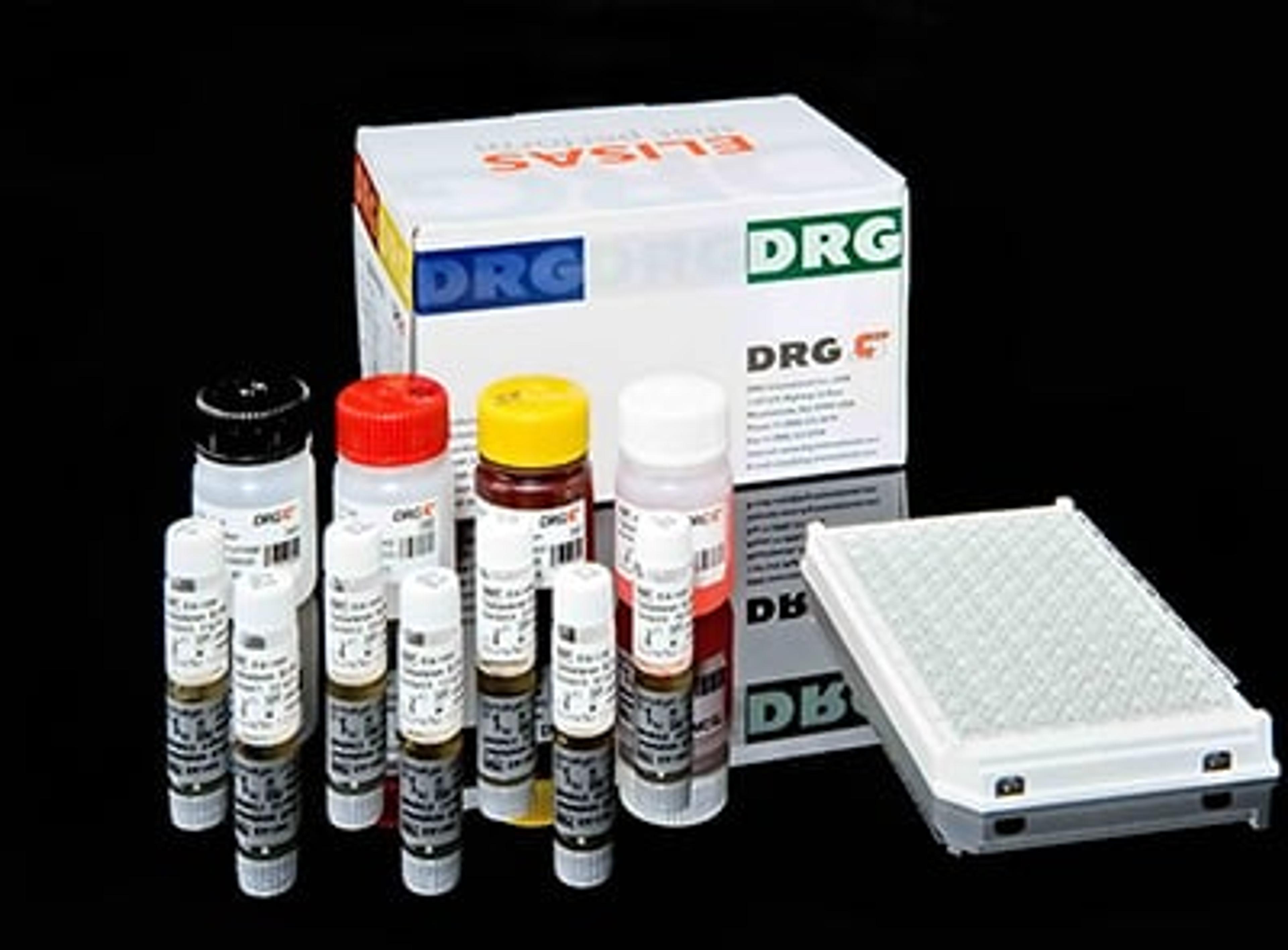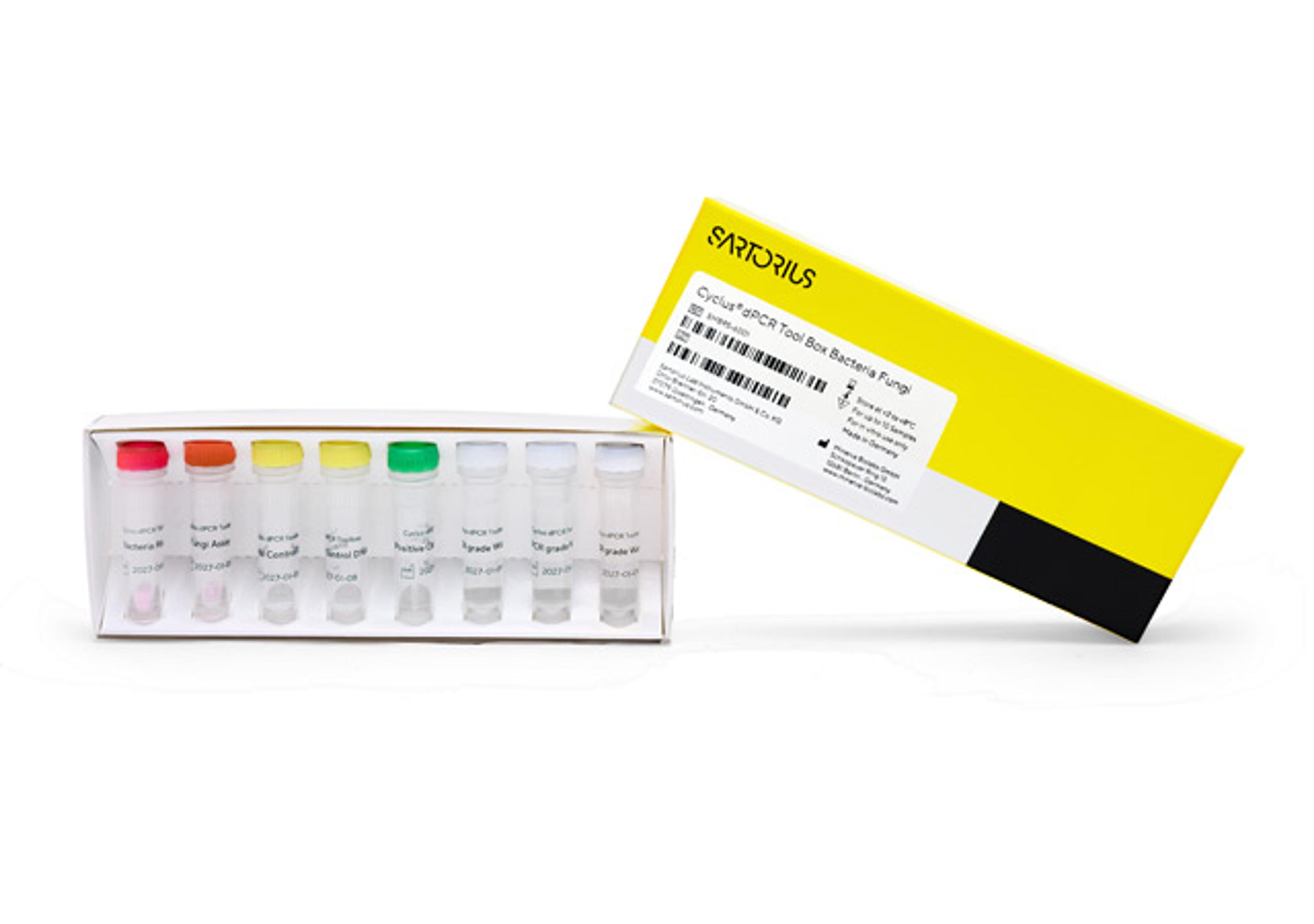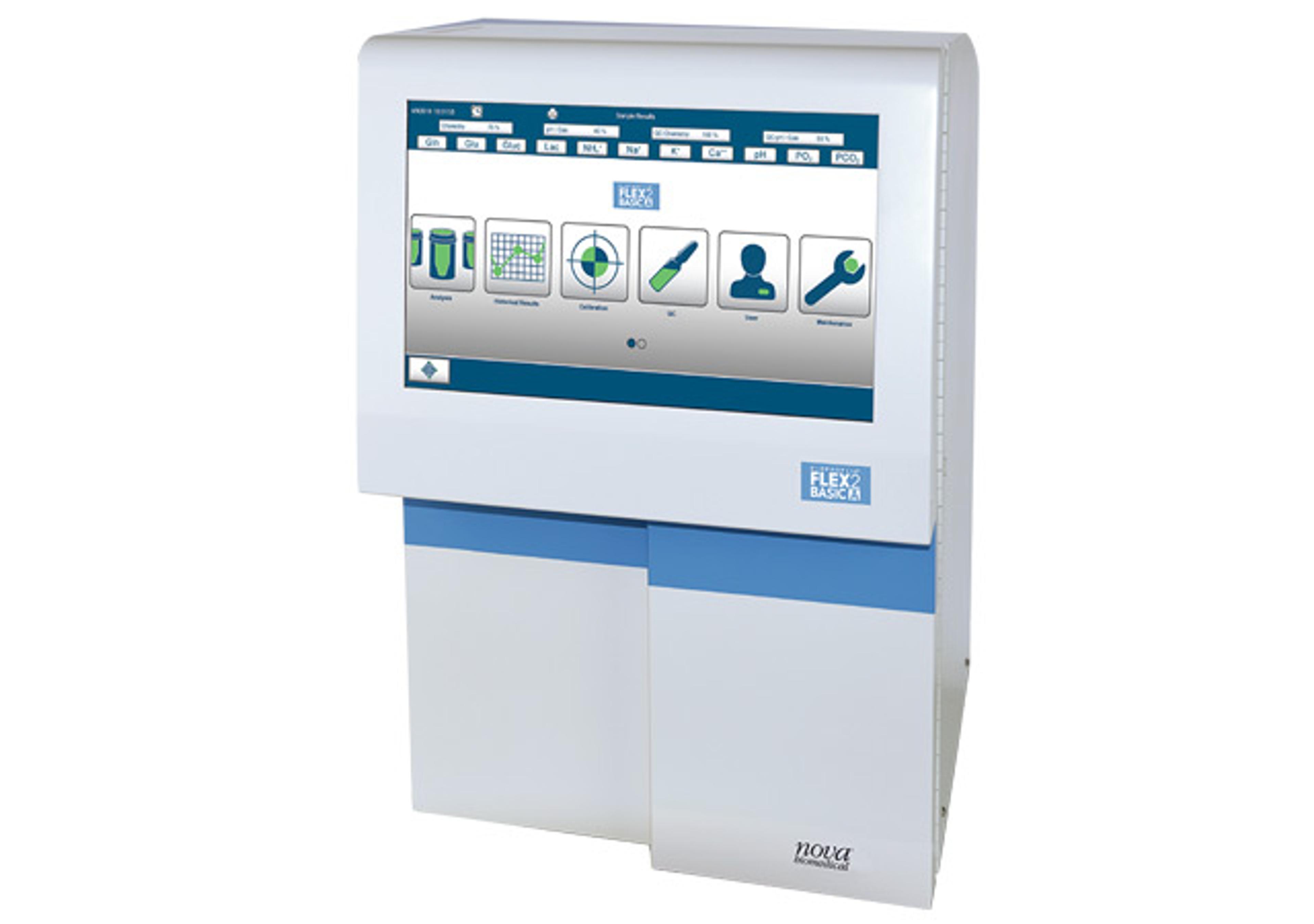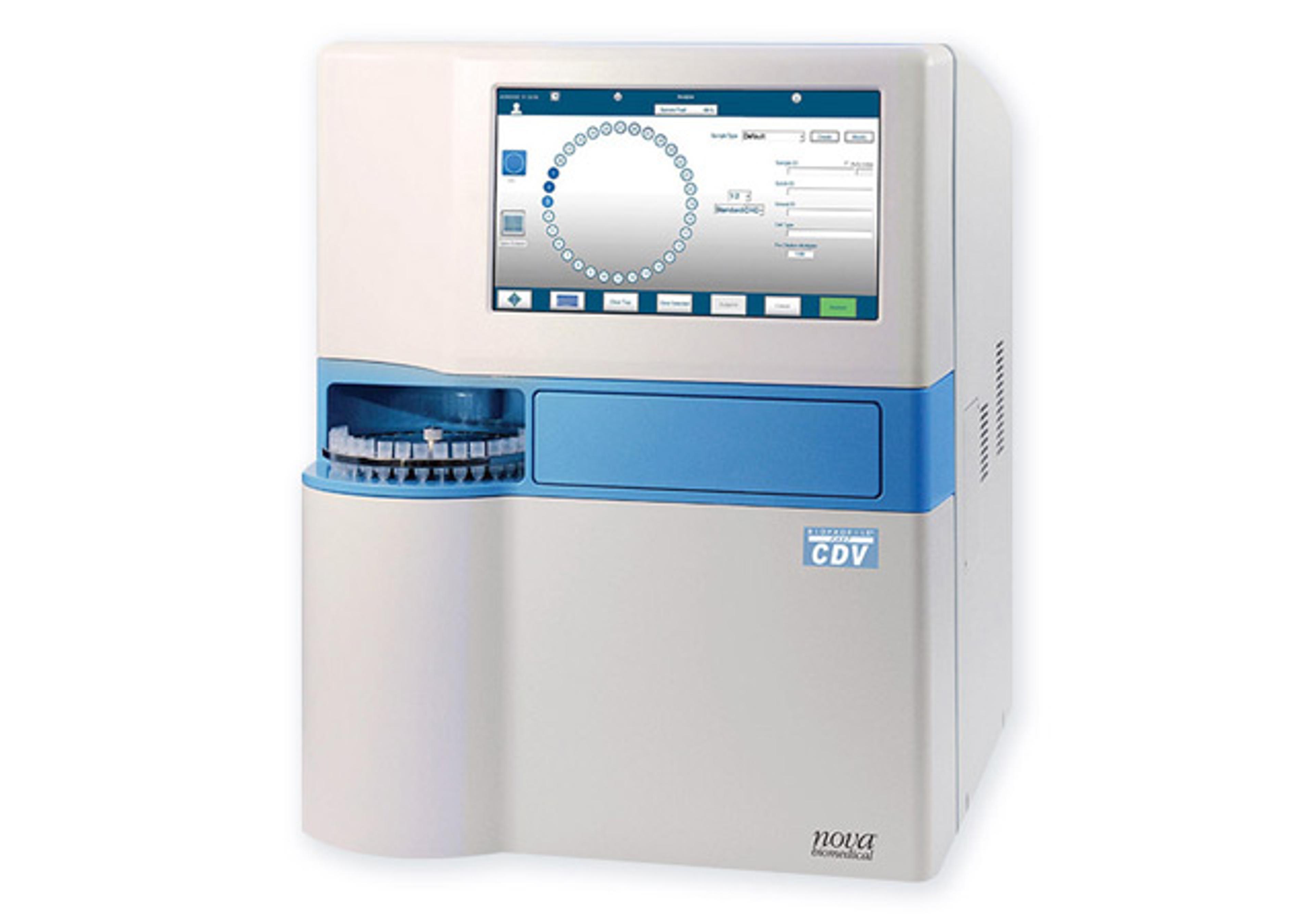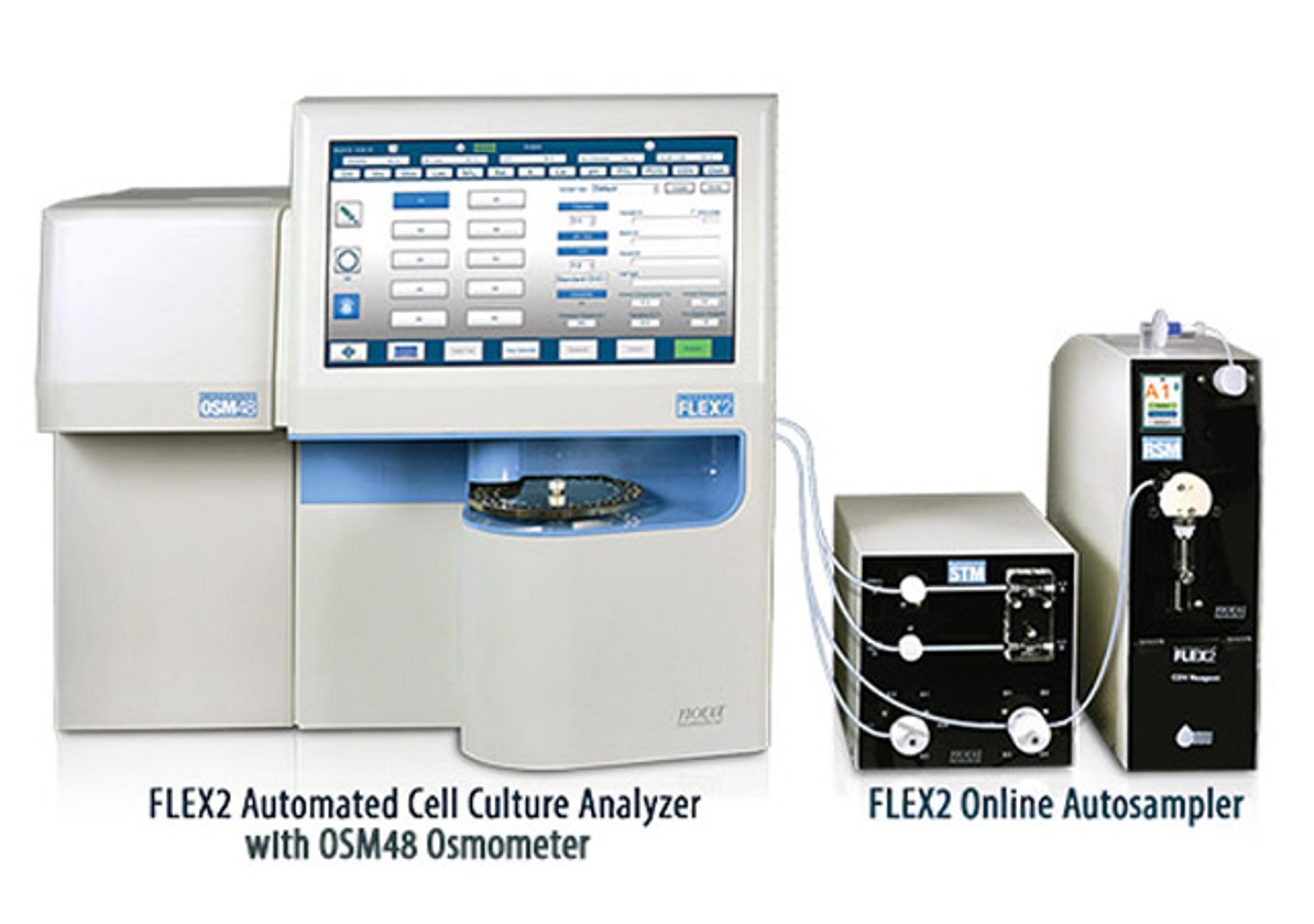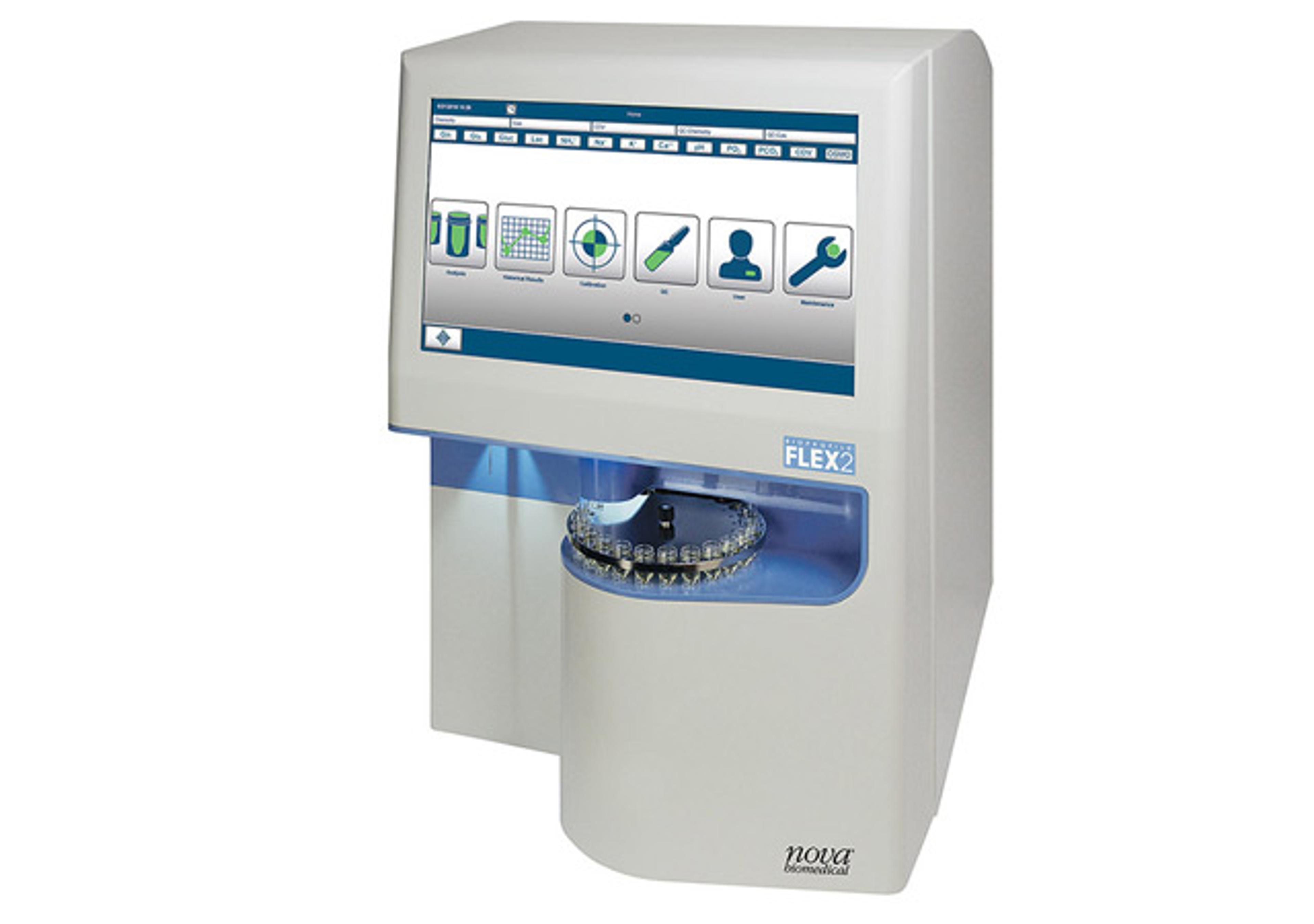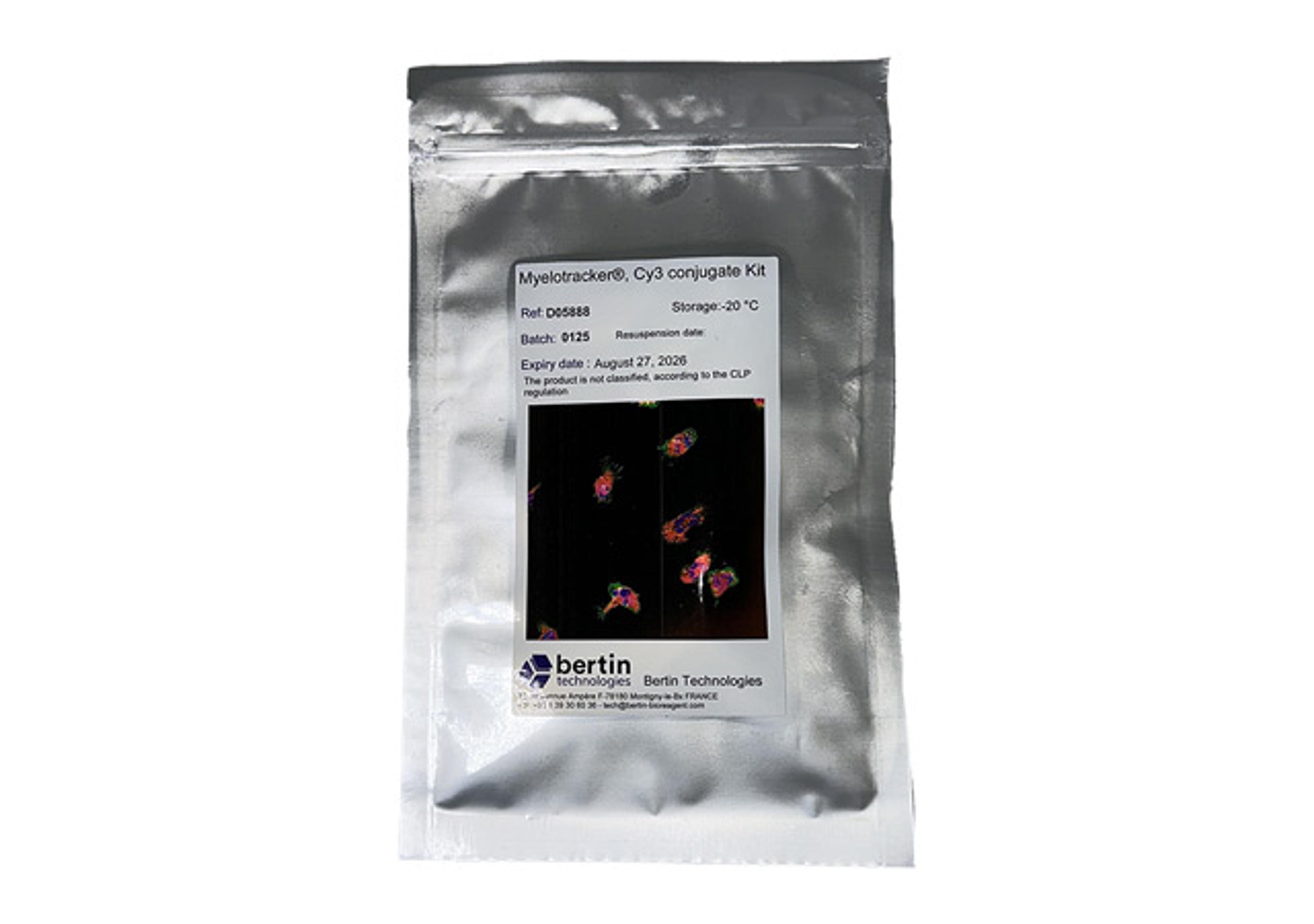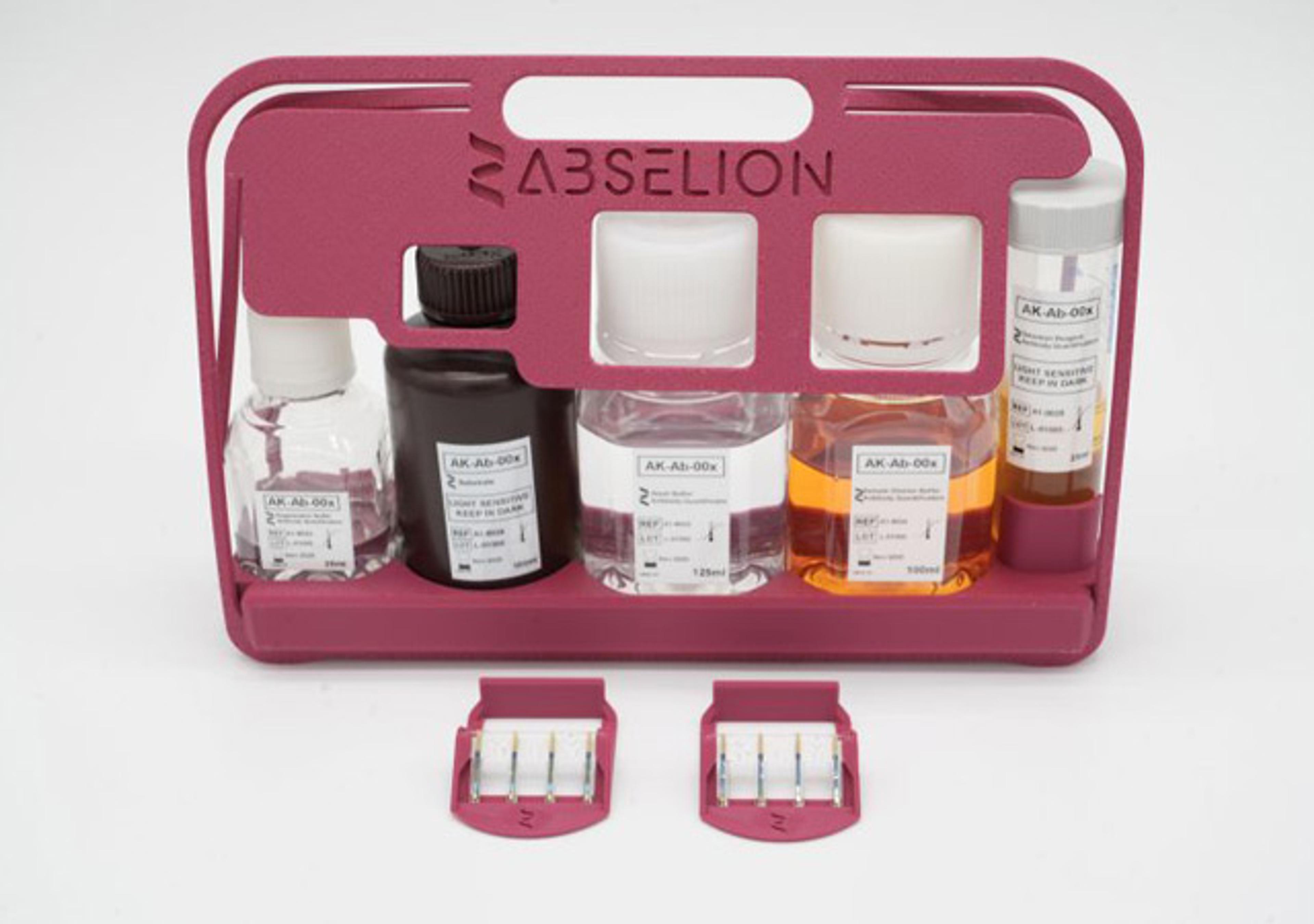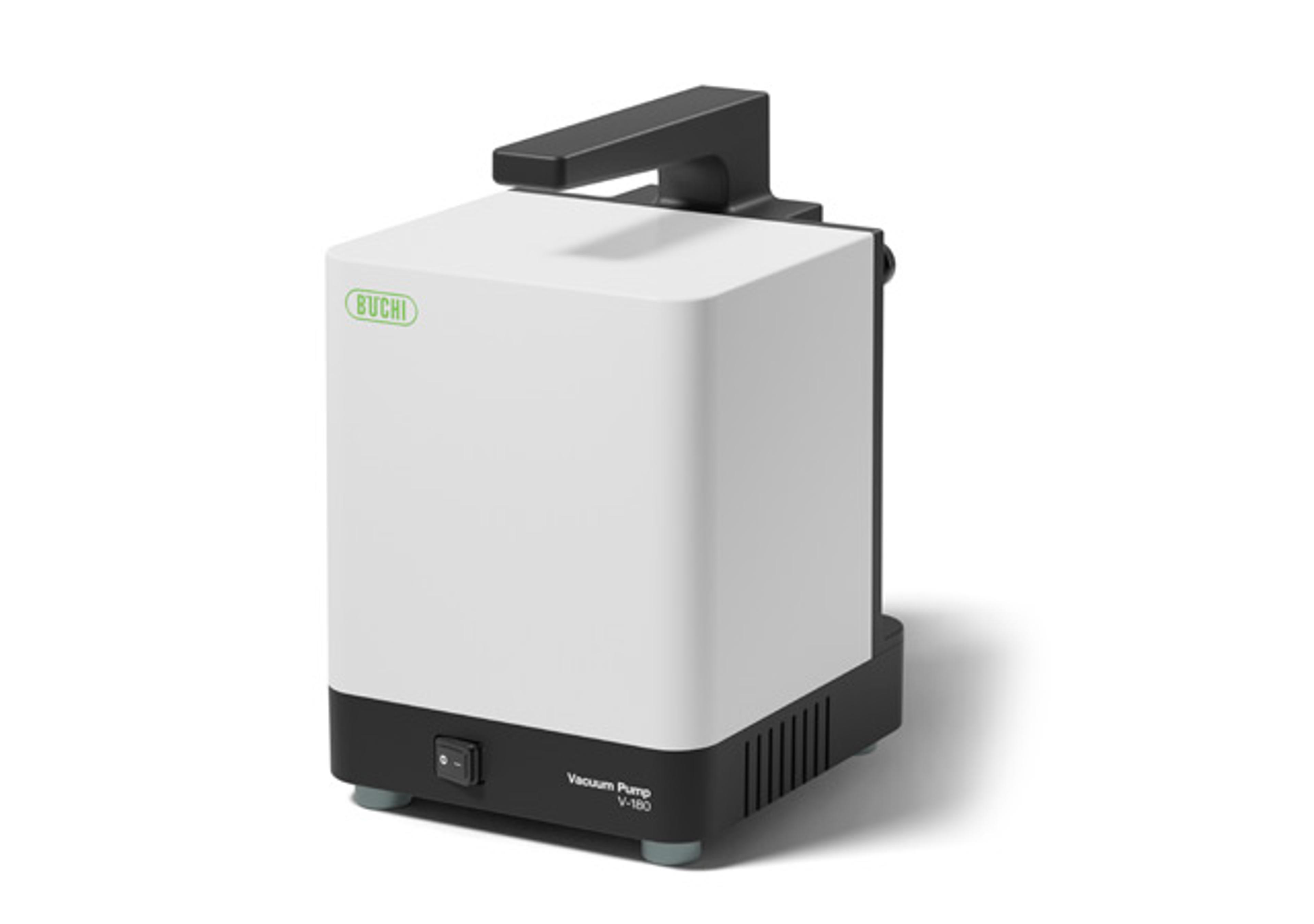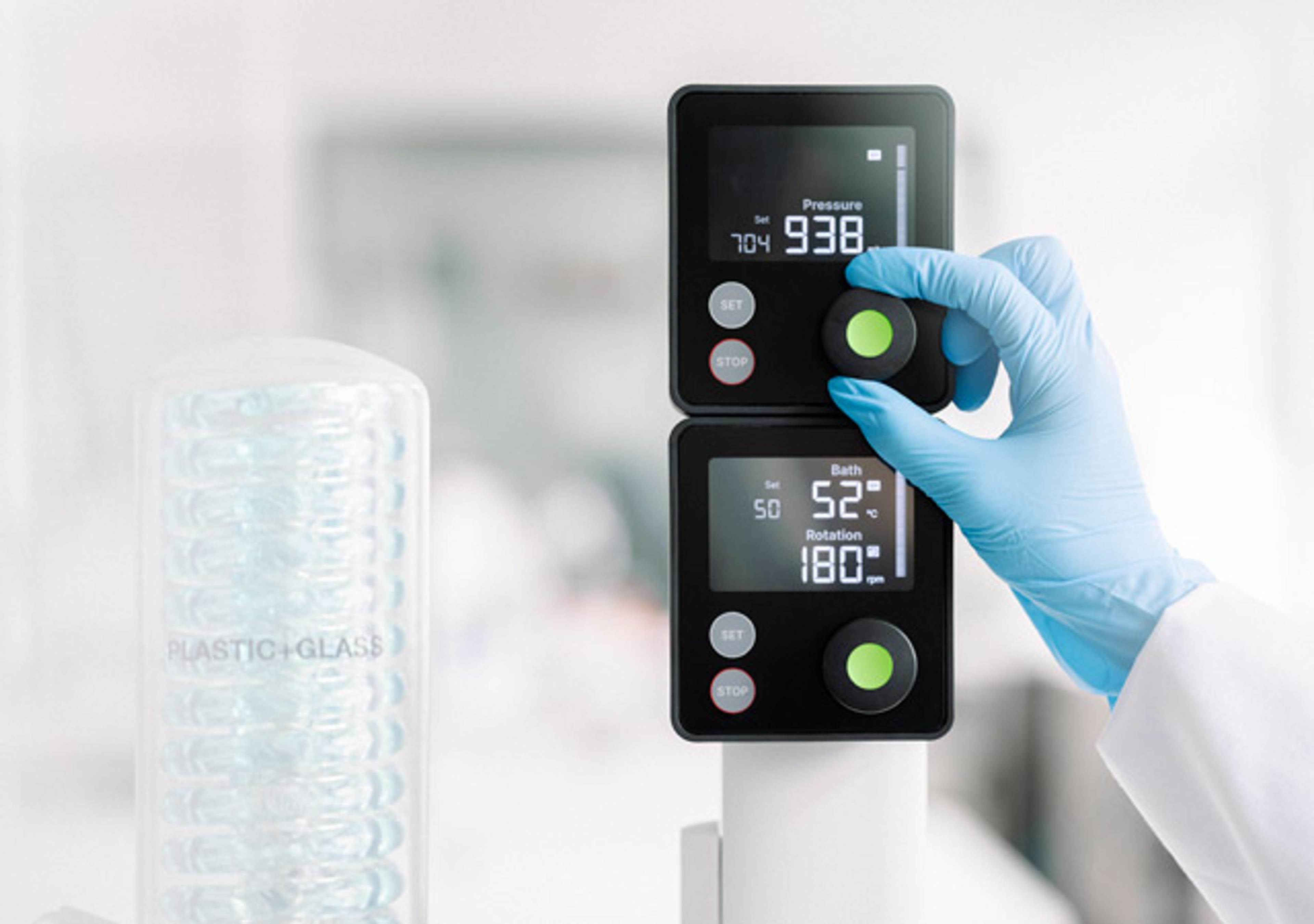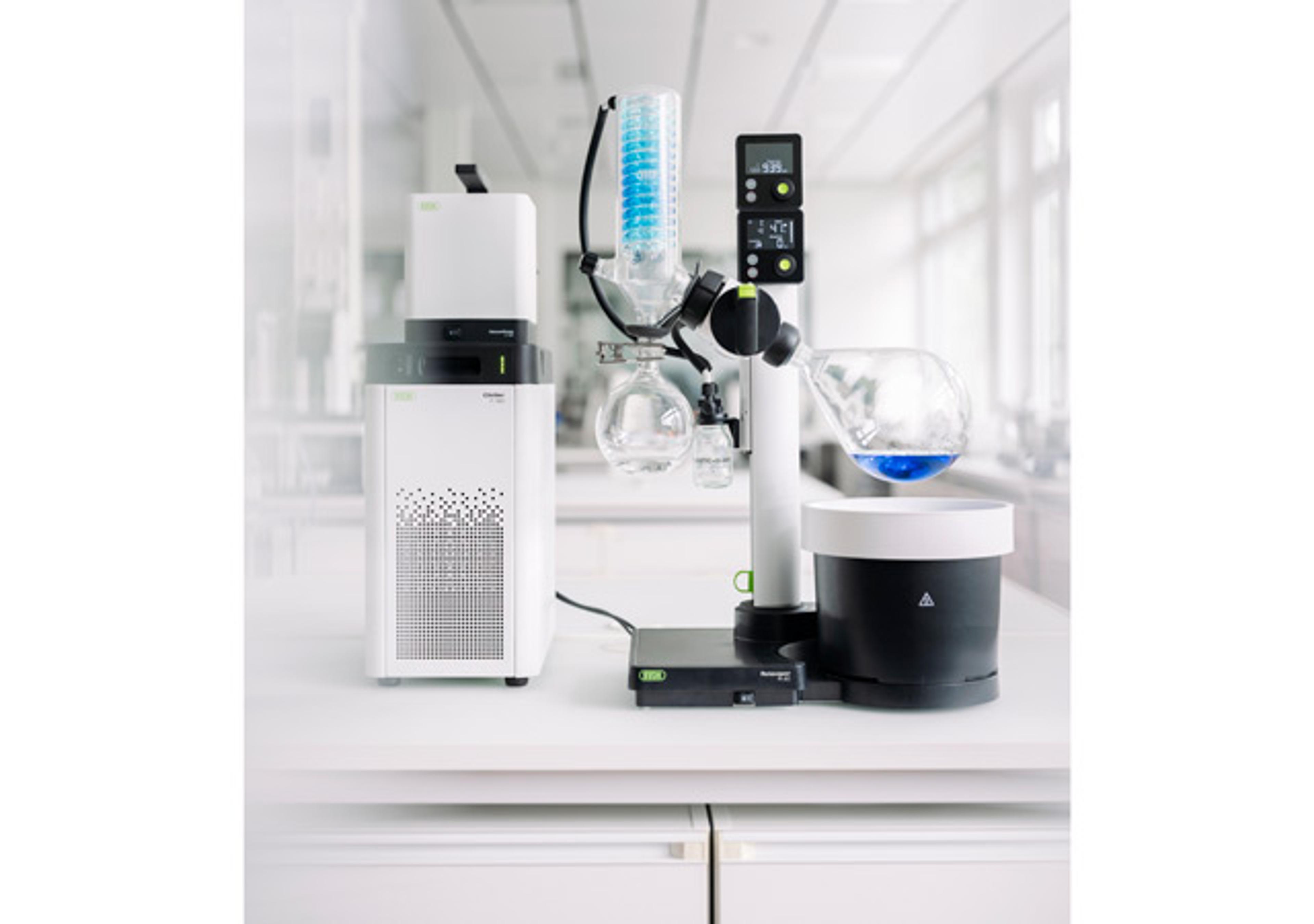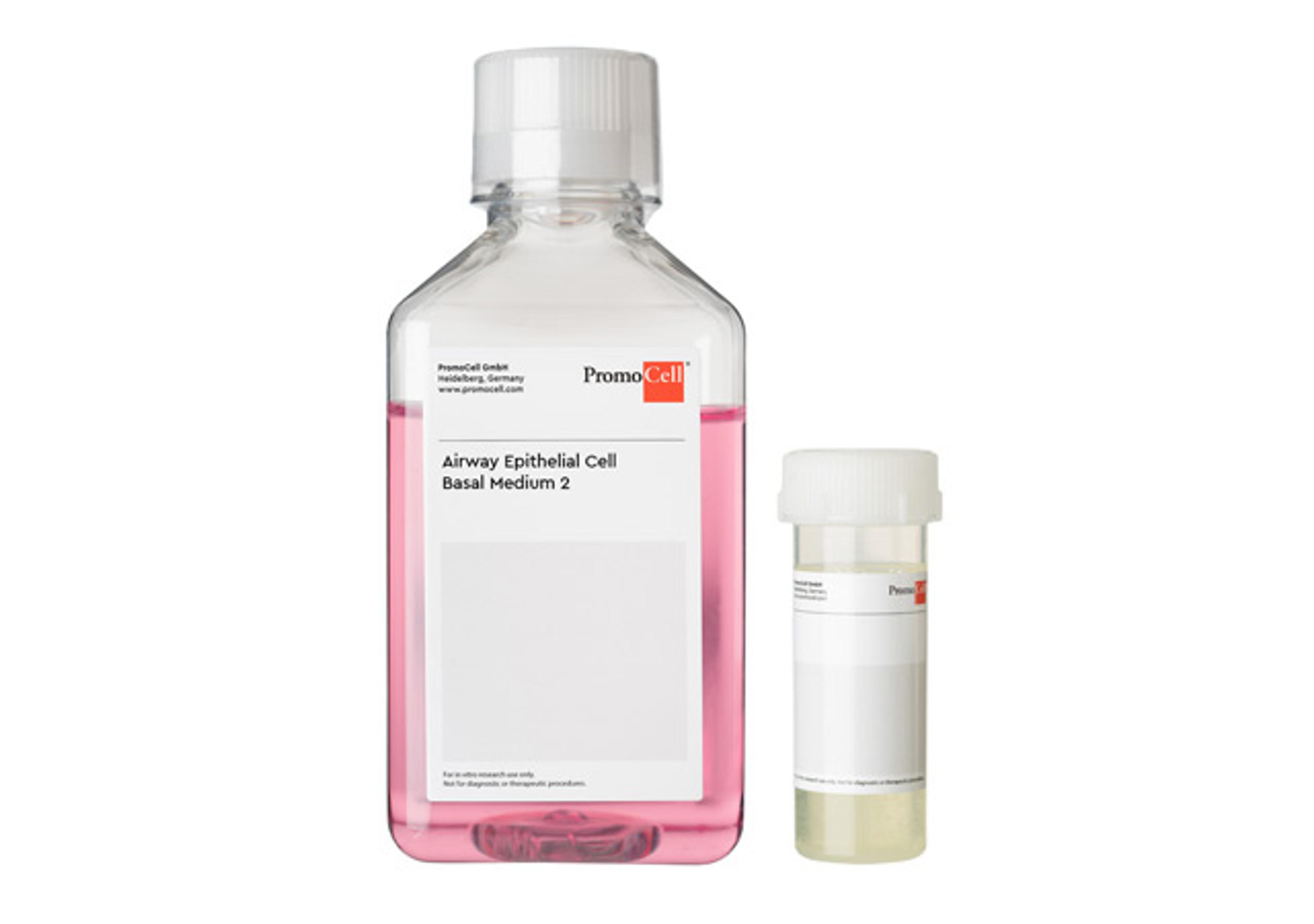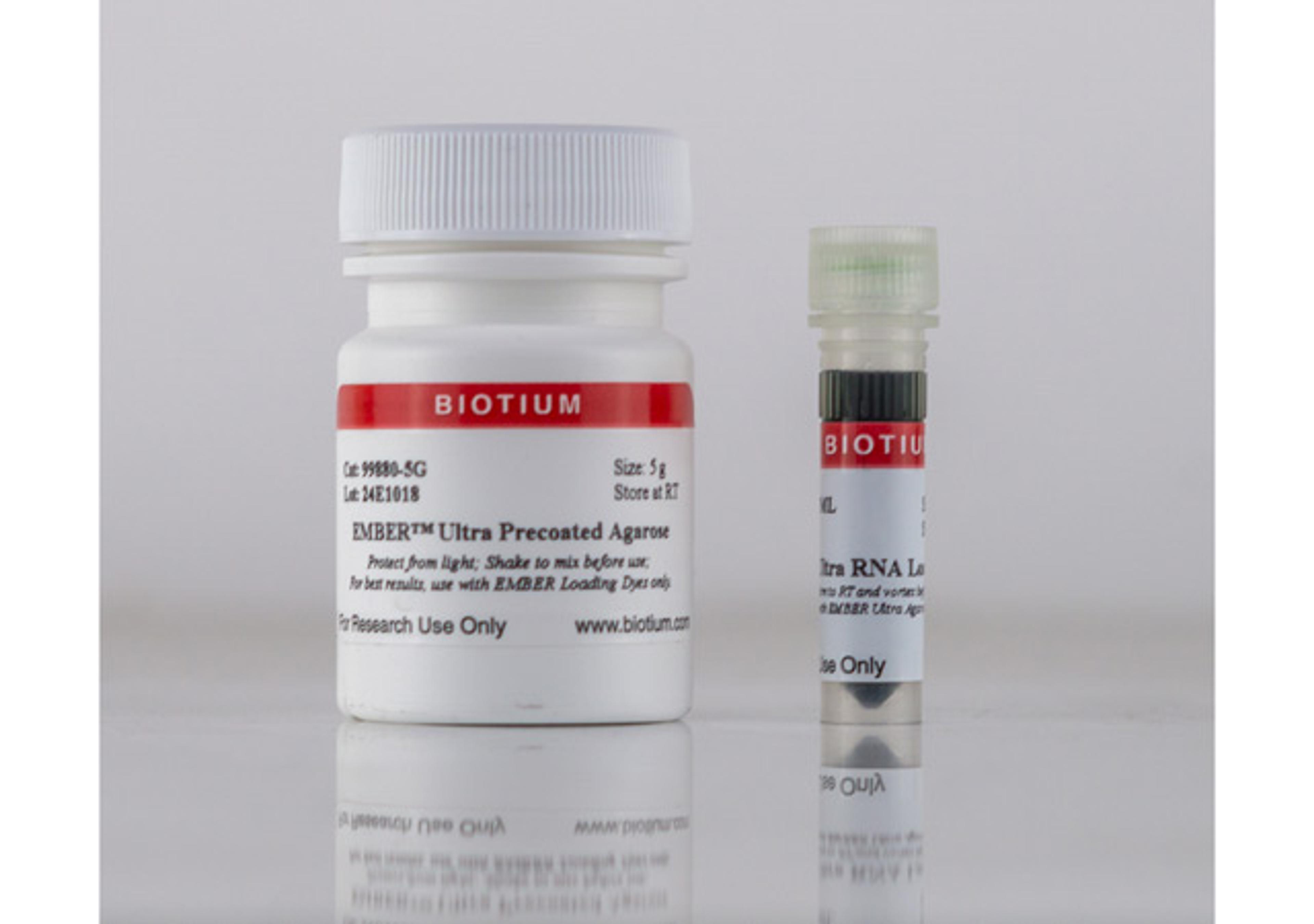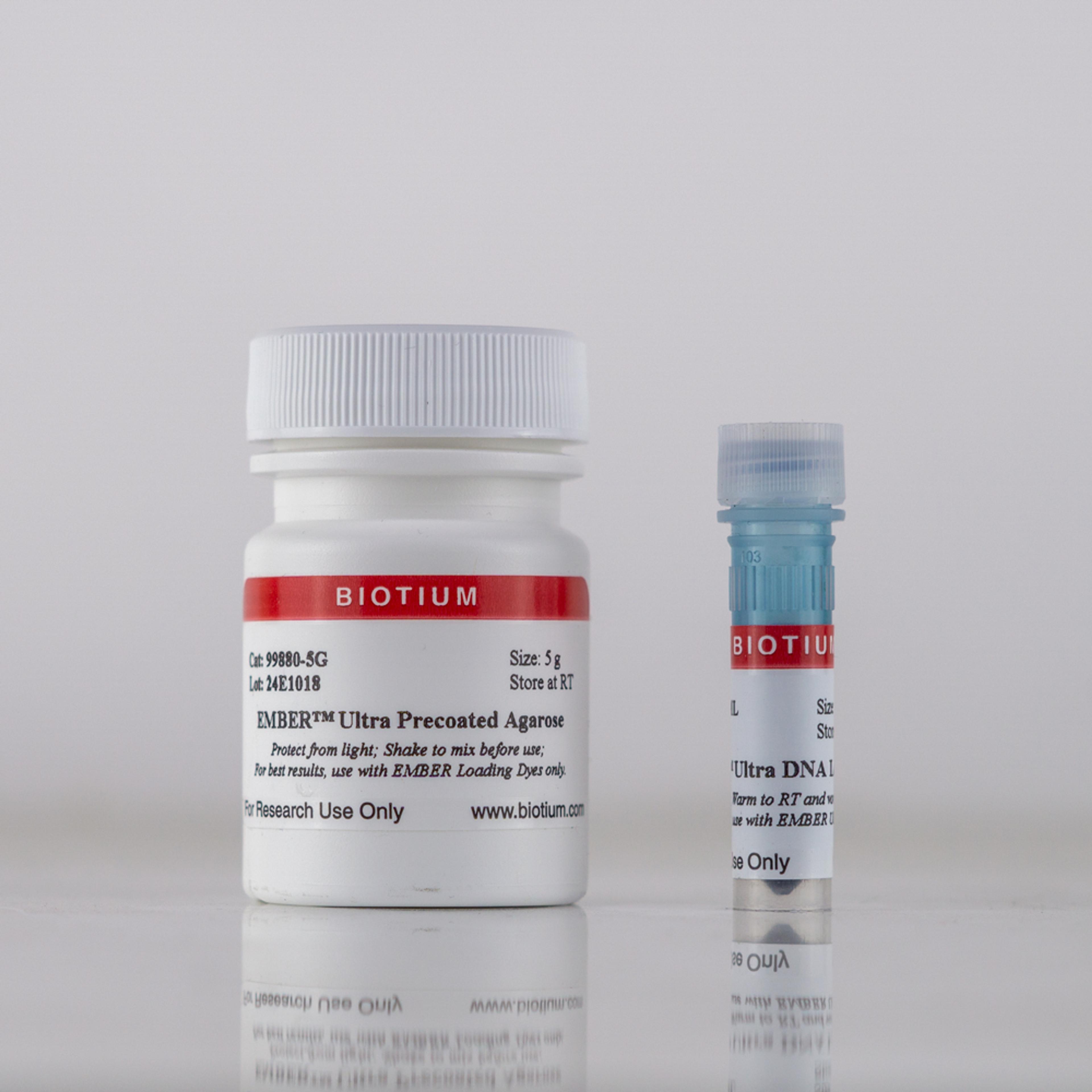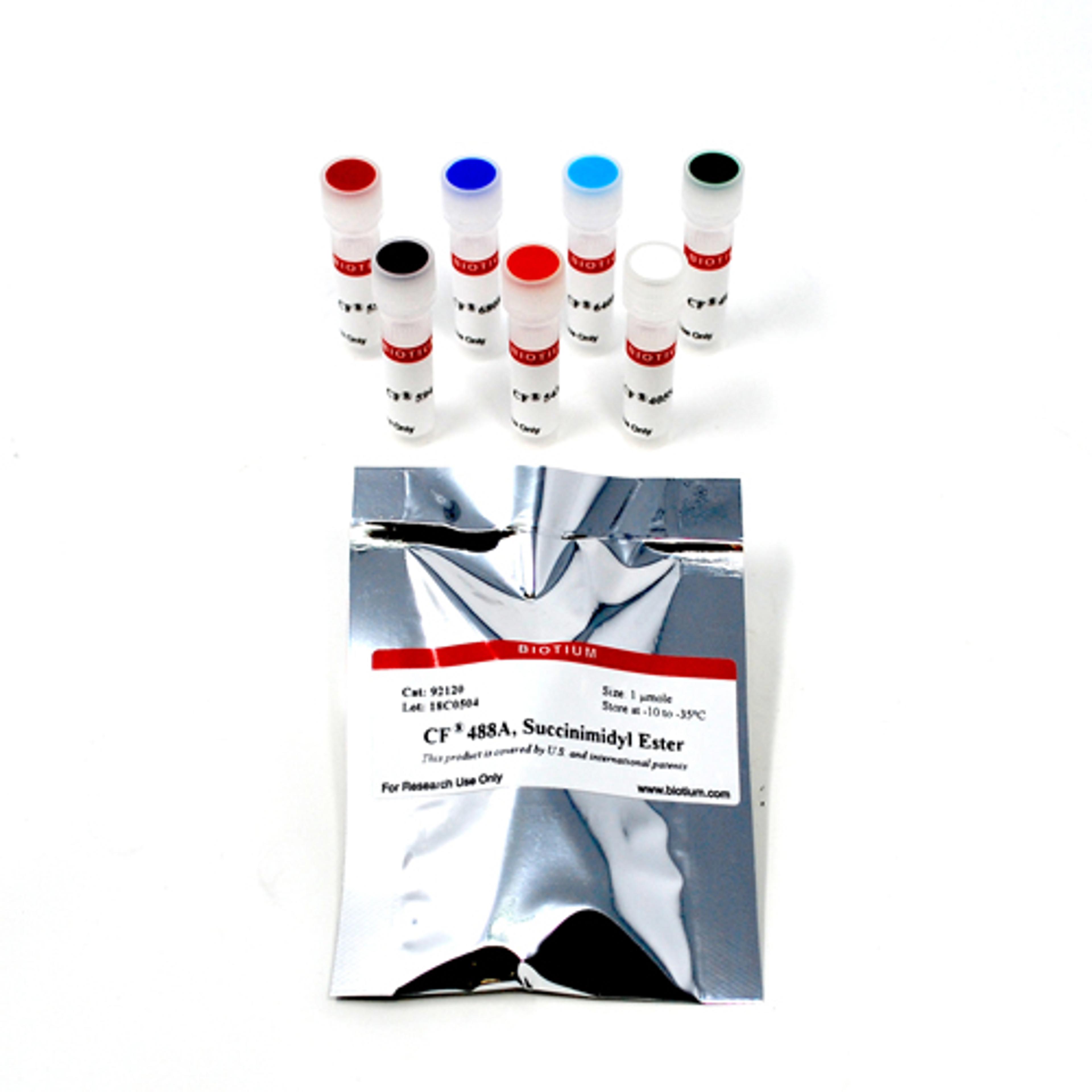Helicobacter Pylori IgM ELISA
High Quality Assays with Reproducible and Reliable Results

The supplier does not provide quotations for this product through SelectScience. You can search for similar products in our Product Directory.
An enzyme immunoassay for the detection of IgM antibodies to Helicobacter pylori in serum.Helicobacter pylori is a spiral bacterium cultured from human gastric mucosa discovered by B.J. Marshall in 1982. Studies have indicated that the presence of H. pylori is associated with a variety of gastrointestinal diseases including gastritis, duodenal and gastric ulcers, non-ulcer dyspepsia, and gastric adenocarcinoma and lymphoma. The organism is present in 95-98% of patients with duodenal ulcers and 60-90% of patients with gastric ulcers. The studies have also demonstrated that removal of the organism by anti-microbial therapy iscorrelated with the resolution of symptoms and cure of diseases. Patients who present clinical symptoms relating to the gastrointestinal tract can be diagnosed for H. pylori infection by two methods: Invasive techniques – include biopsy followed by culture or histologic examination of biopsy specimen or direct detection of urease activity. Non-invasive techniques – include urea breath tests and serological methods. All of the testing performed on biopsy samples is subject to errors related to sampling and interference of contaminated bacteria. An ELISA test for the presence of H. pylori specific IgM antibody is the technique of choice for serologic tests because of its accuracy and simplicity.Purified H. pylori antigen is coated on the surface of microwells. Diluted patients serum is added to the wells, and the H. pylori IgM specific antibody, if present, binds to the antigen. All unbound materials are washed away. Enzyme conjugate is added, which binds to the antibody-antigen complex. Excess enzyme conjugate is washed off and a solution of TMB Reagent is added. The enzyme conjugate catalytic reaction is stopped at a specific time. The intensity of the color generated is proportional to the amount of IgM-specificantibody in the sample. The results are read by a microwell reader compared in a parallel manner with calibrator and controls.

